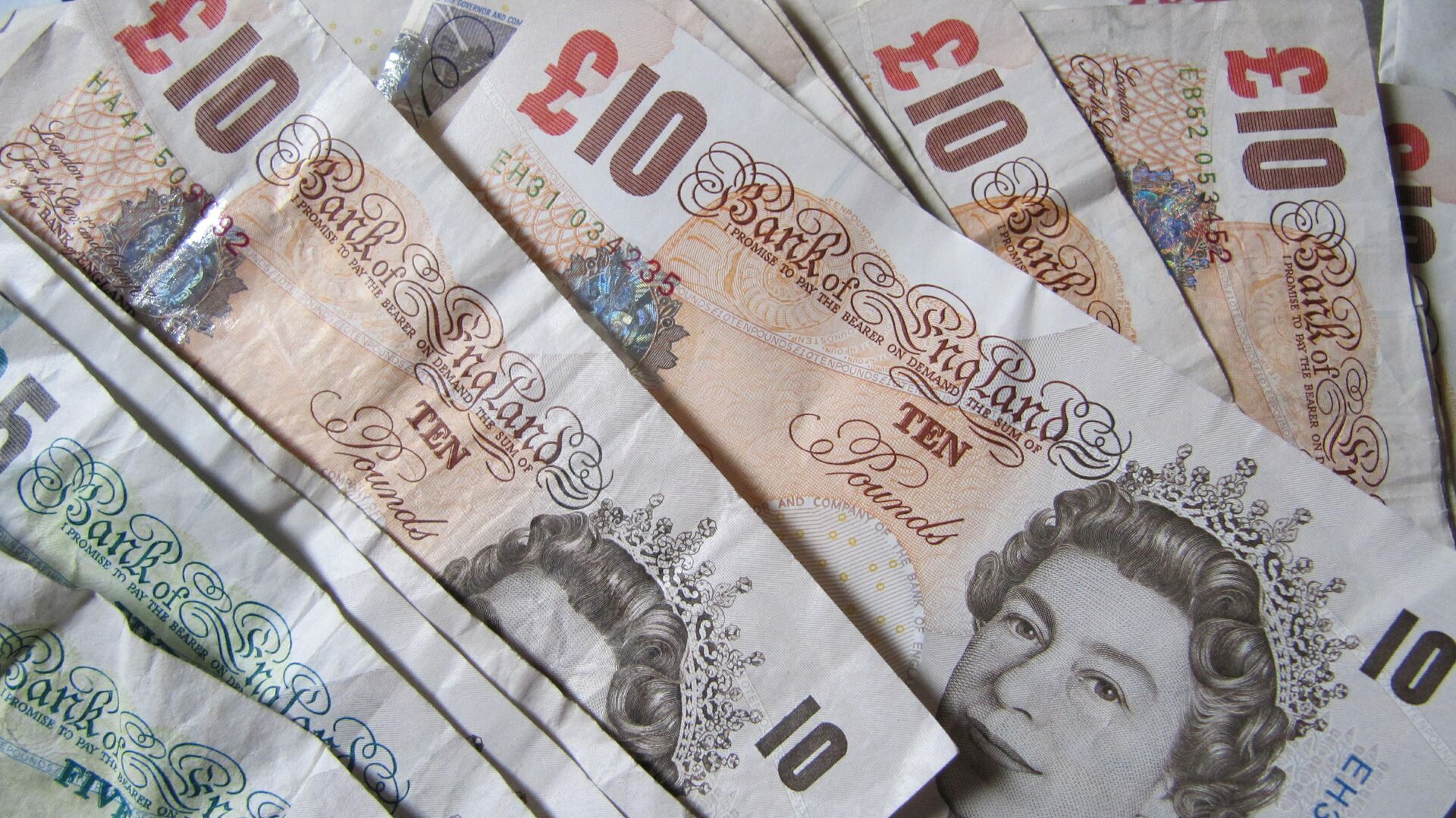Cash is on Its Way Out, Says Bank of England as It Pushes State-Backed ‘Britcoin’ Digital Currency
11:57 GMT 23.11.2021 (Updated: 15:16 GMT 28.05.2023)
Subscribe
The International Monetary Fund, the US Treasury, billionaire Bill Gates and major financial institutions such as Visa and Mastercard are all lobbying for cash to be abolished and replaced with digital-only currencies. Now the Bank of England has joined the chorus.
The Bank of England’s deputy governor for financial stability, Sir Jon Cunliffe, has called for a state digital currency to be created and says the dash for a cashless society is speeding up.
Sir Jon said: “Central bank state-issued money is disappearing. It’s no longer a full service settling assets. There are places in London where you can’t use it in face-to-face transactions.”
He was speaking on The Swap podcast, which is produced by the International Swaps and Derivatives Association.
Later on Tuesday, 23 November, Sir Jon will be giving evidence to the House of Lords economic committee on digital currencies.
EAC is taking evidence from Andrew Bailey and Sir Jon Cunliffe from the @bankofengland on central bank digital currencies 💷 #CBDCs on Tuesday 2⃣3⃣ November from 3⃣pm. Tune in here➡️https://t.co/FSV6i9UzOl #CBDC
— Lords Economic Affairs Committee (@LordsEconCom) November 19, 2021
On the Bank of England’s website it says there are £70 billion worth of notes in circulation - twice the amount there was a decade ago.
It says this includes cash in wallets, shop tills, banks and ATM machines but adds: “Large sums are also likely to be held overseas or for illegal uses: the so-called ‘shadow’ economy.”
But in 2017 debit cards overtook cash as the most common form of payment.
In recent years there has been a global trend towards a cashless society, which the COVID-19 pandemic has accelerated. With the fear that the virus could be transmitted on coins and notes most shops and many traders have switched over to card-only transactions.
Bank of England’s deputy governor for financial stability, Sir Jon Cunliffe, has warned that cryptocurrency is getting closer to posing a threat to global financial stability due to the sector’s rapid growth. action now. pic.twitter.com/Fau9D0c29w
— Michael wilson (@Michael96890293) November 17, 2021
The Bank of England is considering launching its own state-backed digital currency, which has already been dubbed “Britcoin” and Sir John’s comments come amid a boom in sales of cryptocurrency, which its backers proudly say is “decentralised”.
On the podcast Sir Jon said: “Psychologically I don’t think people understand what money that have. Why should they? They don’t understand electricity but they use it. You just want to use it and know that it’s safe.”
He added: “Most people know that dollar bill, pound note or euro coin, that’s money” and he said people get “stressed” if they cannot access it.
Sir Jon said: “State money is the safest, despite what some of the crypto advocates say. Money issued by central banks is the safest asset.”
He told the podcast: “Cash is going to disappear, and the question is going to be what role can a CBDC (central bank digital currency) play.”
The Daily Telegraph said: “Sir Jon’s remarks have been seen as part of an effort by policymakers to garner backing from politicians and the public for a state-backed digital currency.”

